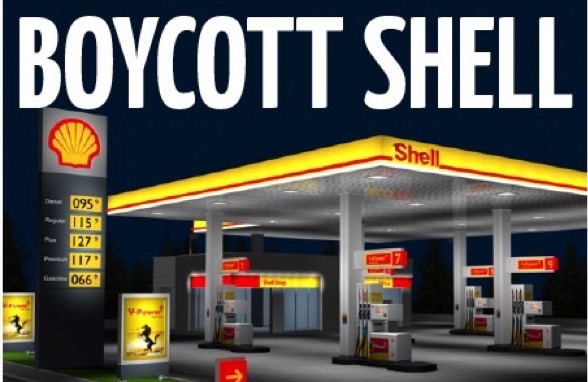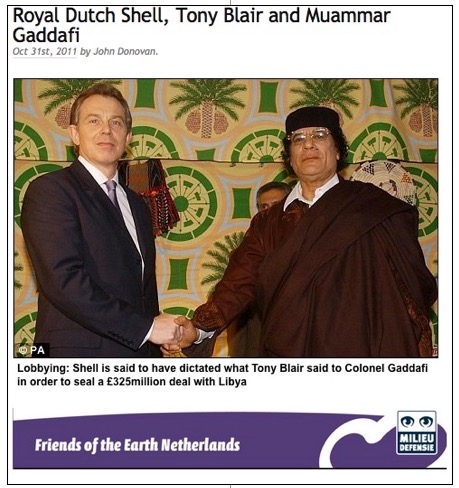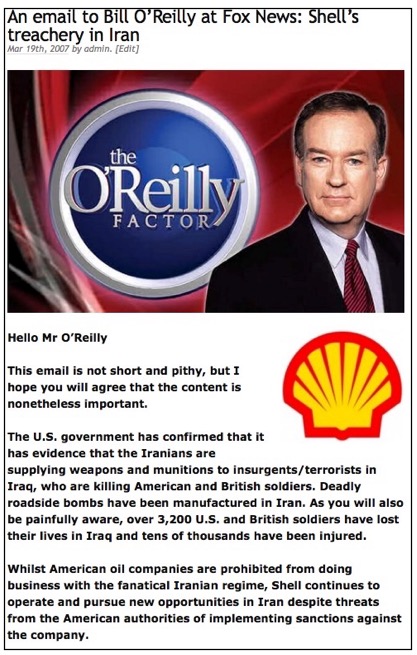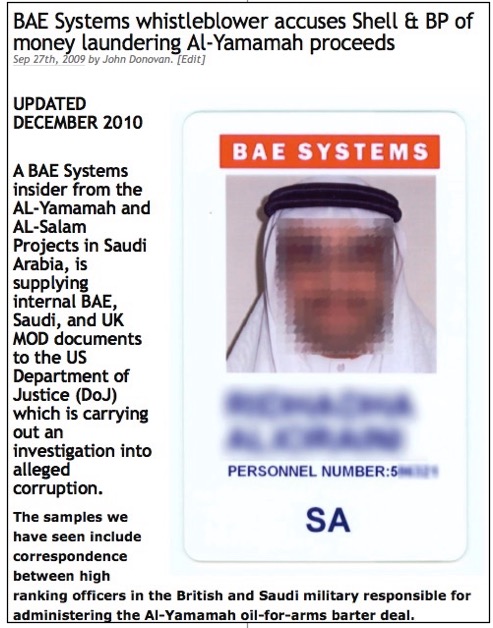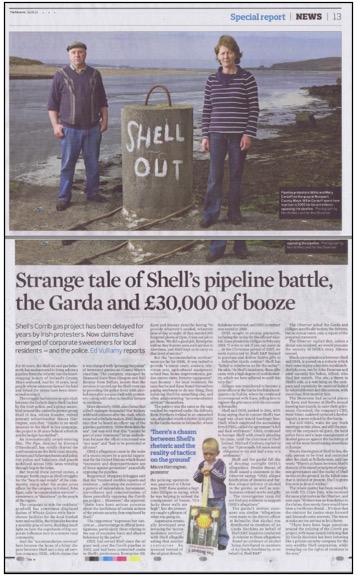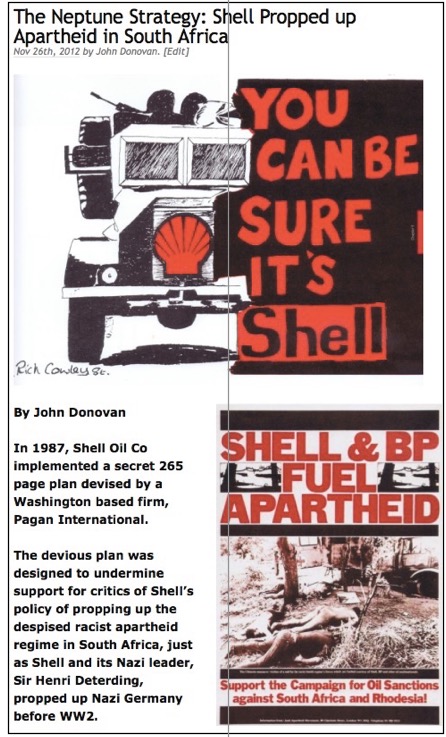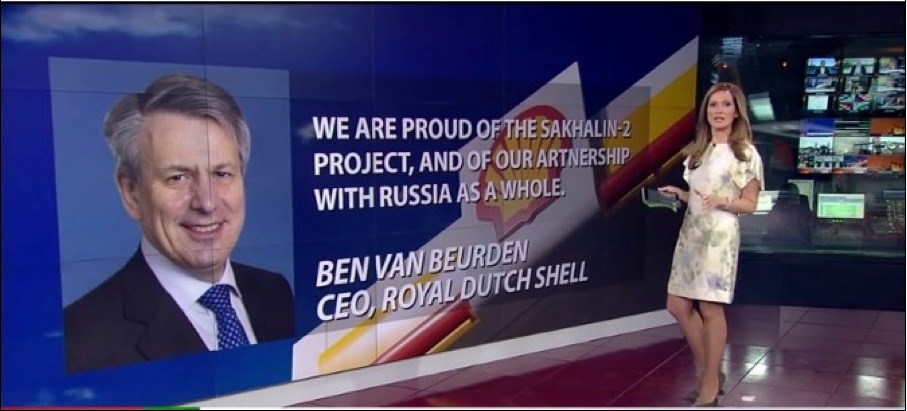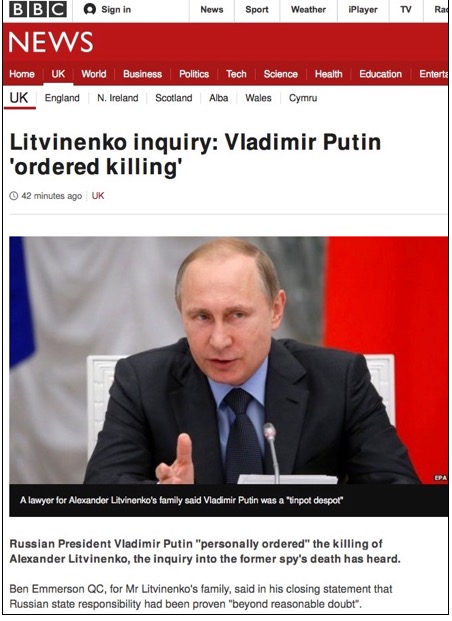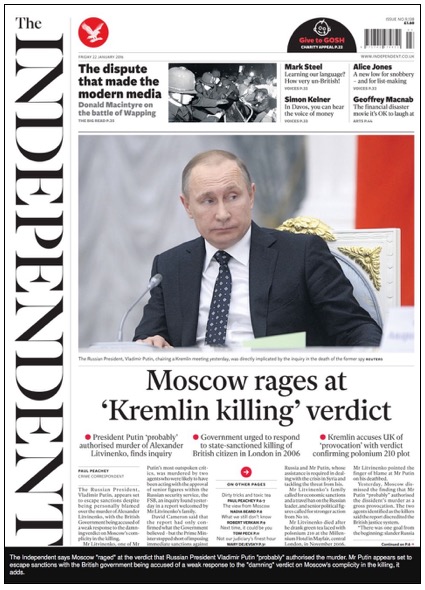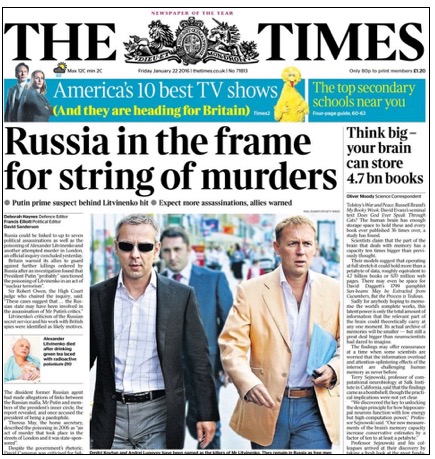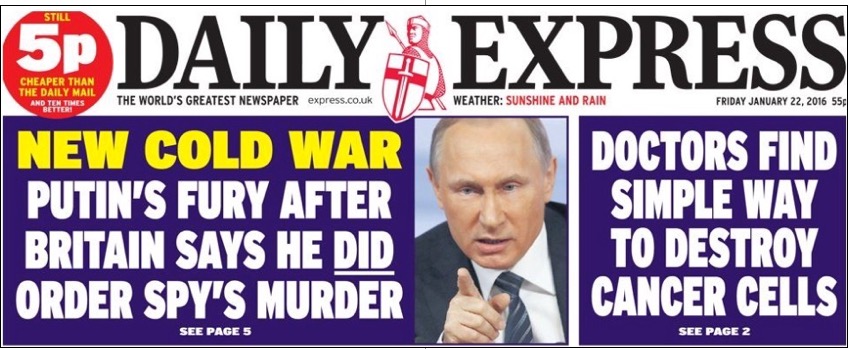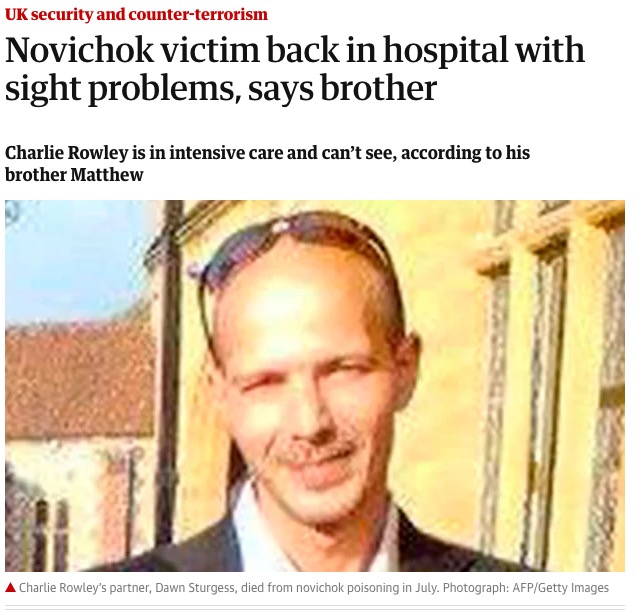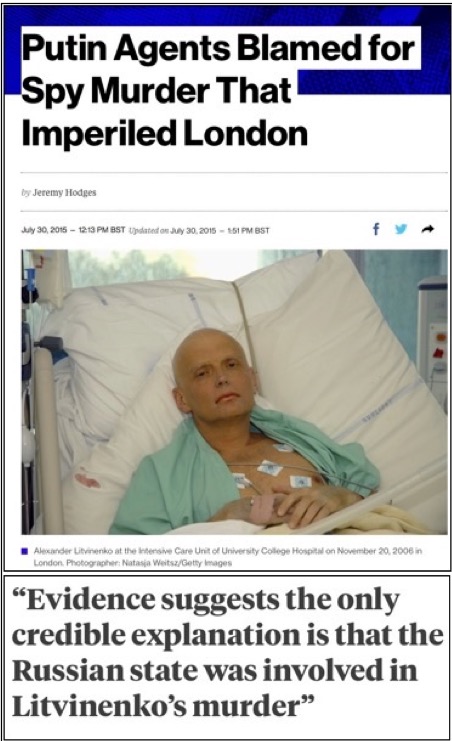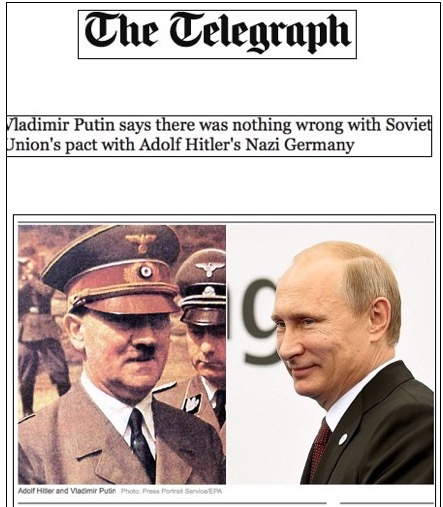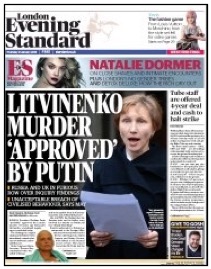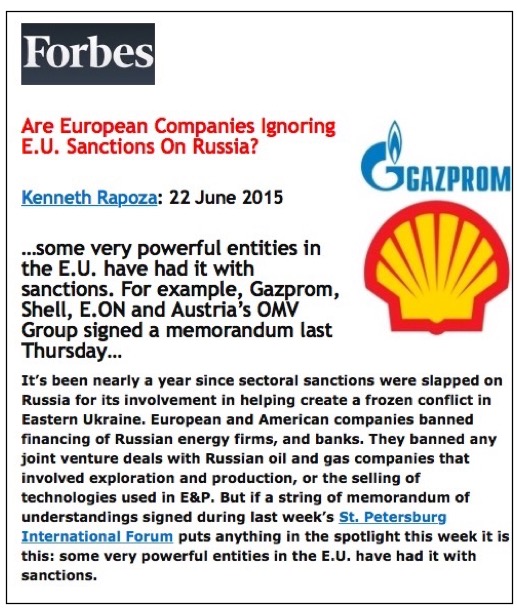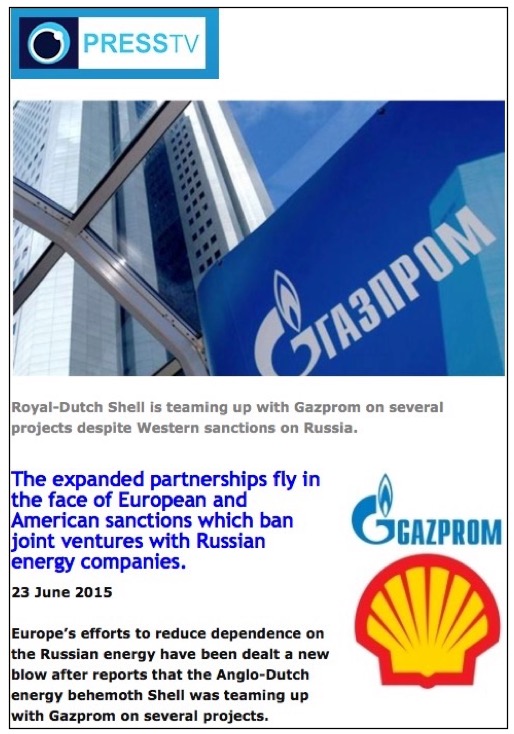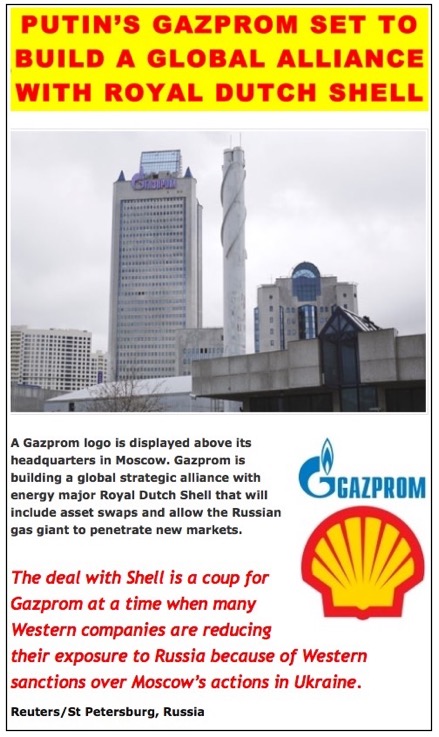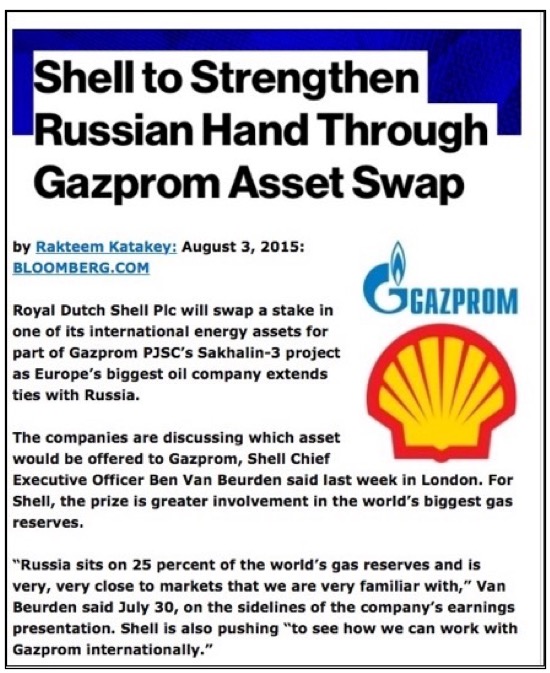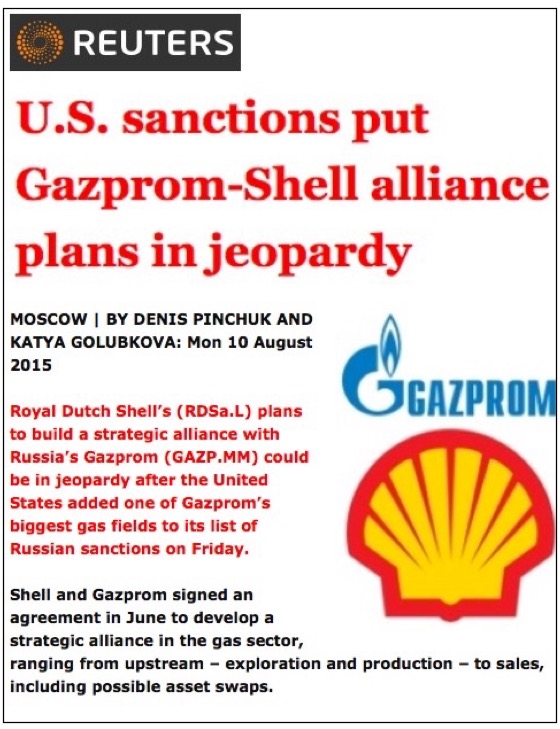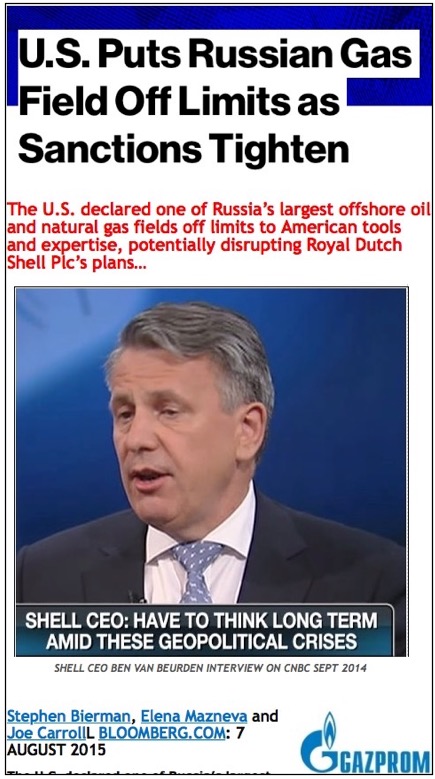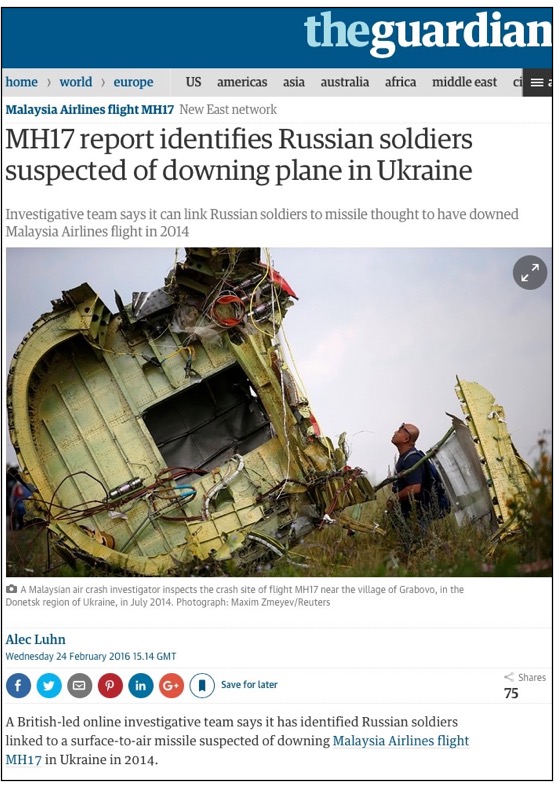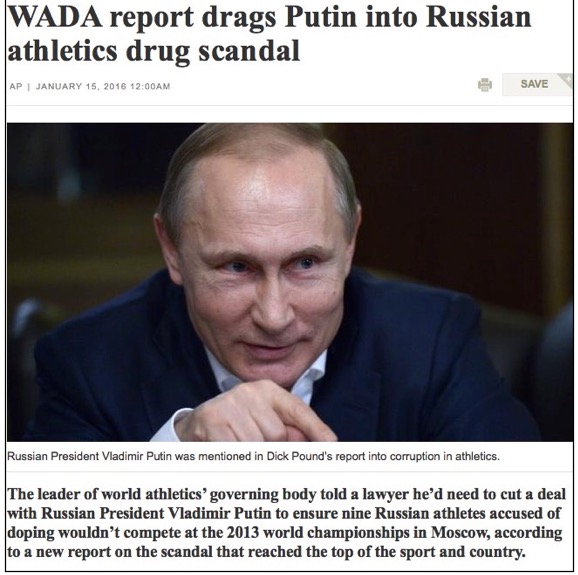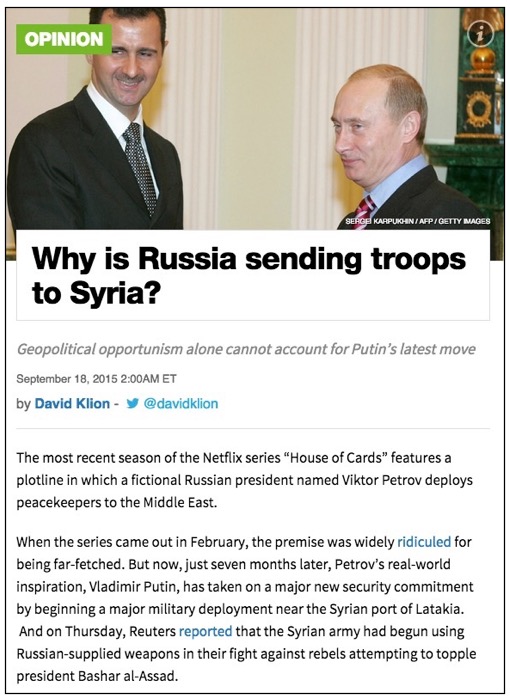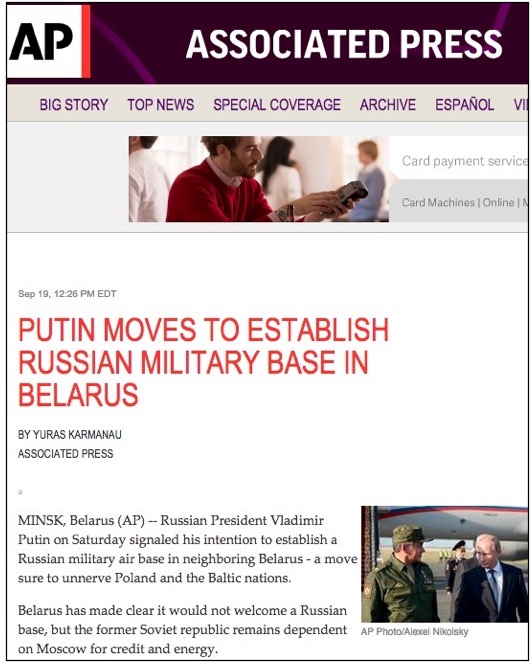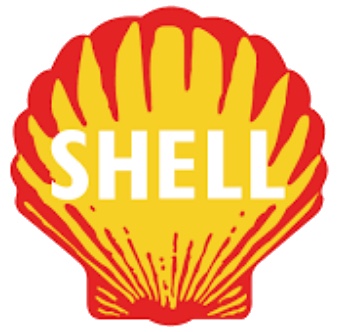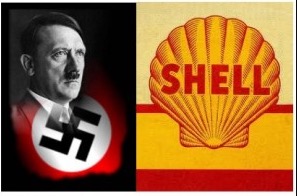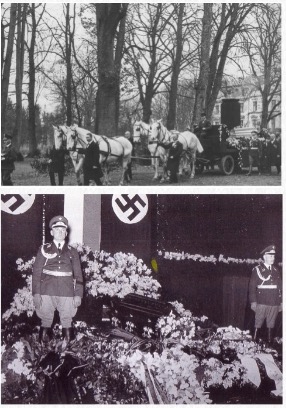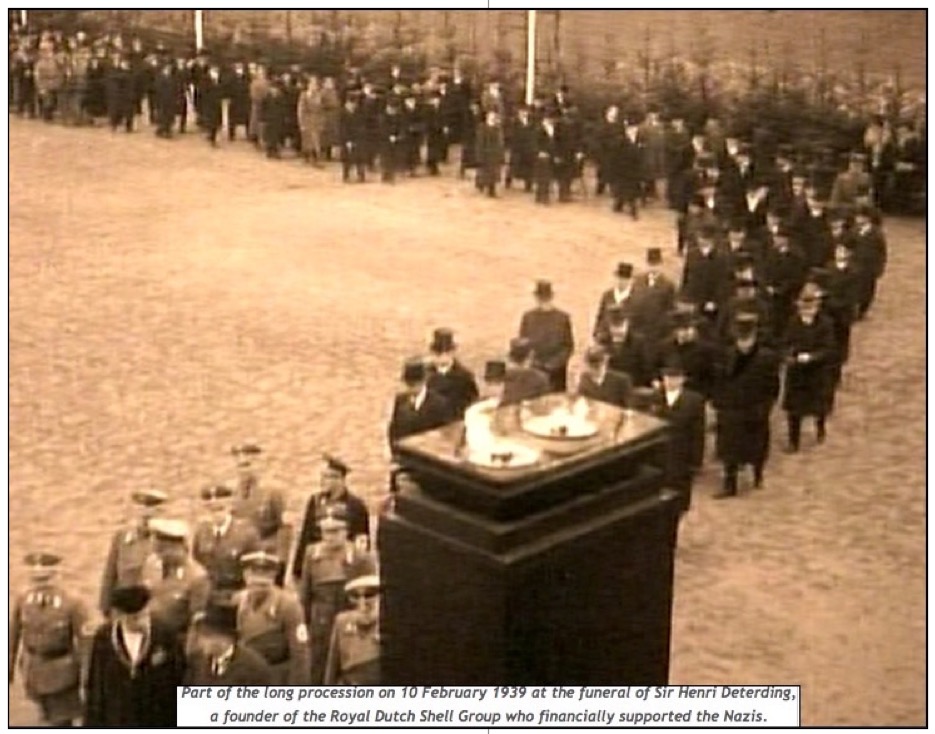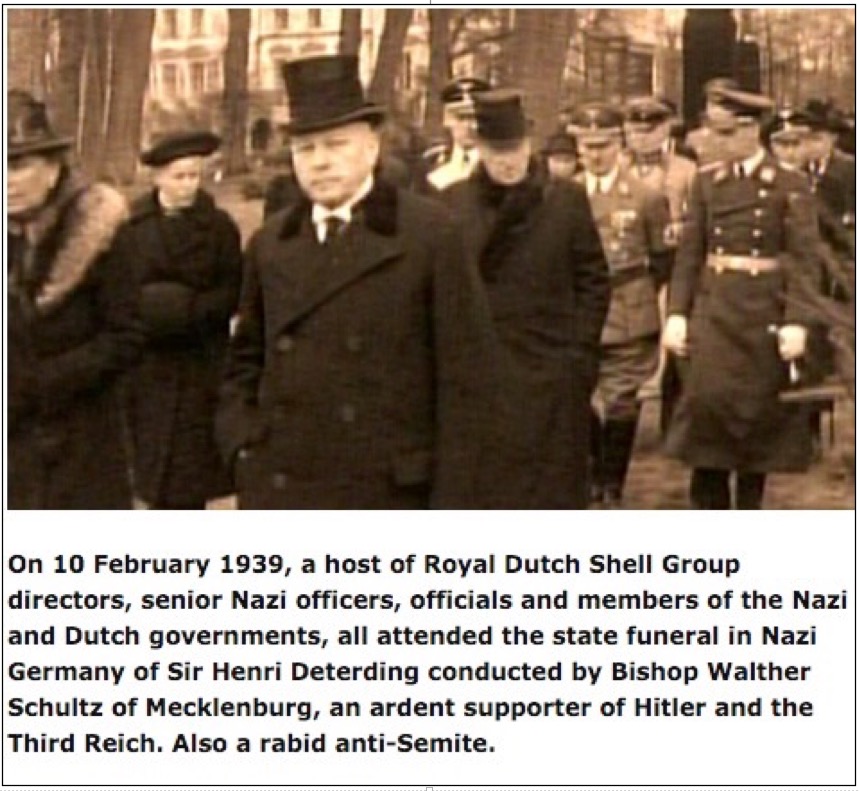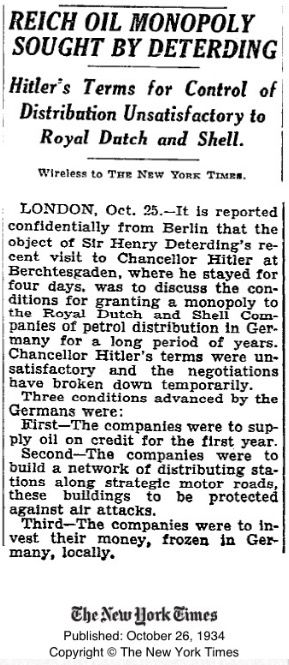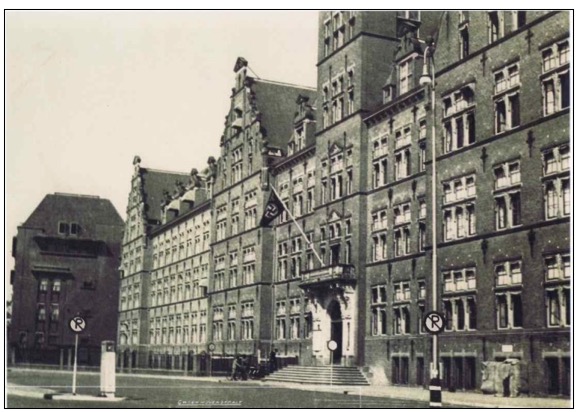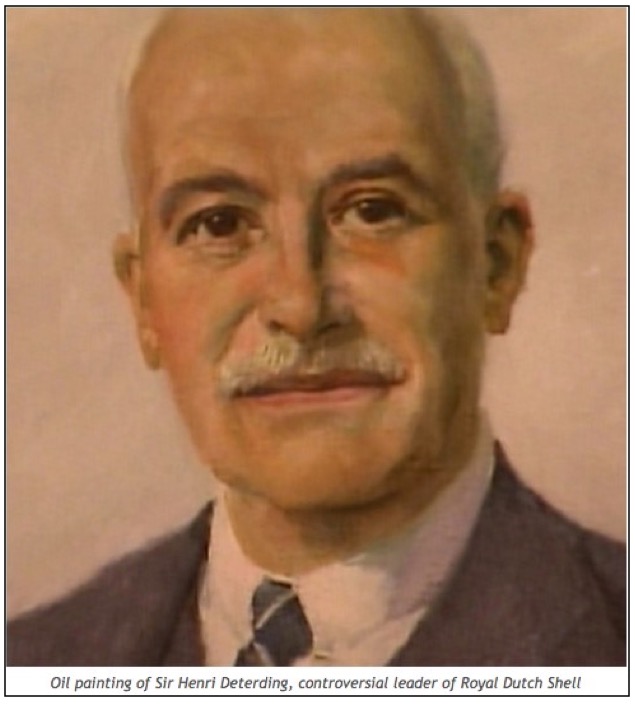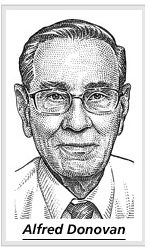The general public, drivers, investors, relatives of victims of the Holocaust and other Nazi crimes against humanity, are entitled on moral grounds, to be aware of this dark chapter in the history of Royal Dutch Shell. People can then decide on an informed basis if they wish to hold shares in the company, or purchase Shell products.
The purpose of this book is to present the unvarnished history of a very dark chapter in Shell’s past, rather than the spun version paid for by the oil giant. I have also drawn attention to other unethical episodes in the history of Royal Dutch Shell.
People can then decide, in the absence of any apology from Shell, if they wish to hold shares in the company, or purchase Shell products.
More than 65 years after the demise of Nazi Germany, the public is still horrified, yet absolutely fascinated by the evil deeds of Adolf Hitler and his henchmen. Video clips on YouTube said to glorify Nazi troops are receiving “millions of hits”.
Films and documentaries about Hitler and the Nazis are constantly shown on TV.
It is appropriate to recall what Glyn Roberts said on page 305 of his book in relation to the funds Shell’s pro-Nazi leader “placed at Hitler’s disposal…”
“This huge subsidy came at a decisive moment in the history of the growing Nazi movement. Let there be no doubt that, had it not been found, the whole racket might have collapsed and the history of Germany and of Europe might have had a different complexion.”
In other words, without the financial support and appeasement policies of the Dutch leadership at Royal Dutch Shell for the Third Reich, the course of history may have been very different.
Was the conduct of Dutch Group senior management all those years ago just an aberration, or an indicator of a willingness to do whatever it takes, irrespective of ethical considerations, to secure business objectives?
I have noted a number of similarities between the modus operandi of Royal Dutch in the Deterding era and the way Shell has operated in more recent years.
 A claim to operate honestly and ethically within Business Principles
A claim to operate honestly and ethically within Business Principles
The Glyn Roberts biography of Deterding contains several references to what is described as Sir Henri’s “moralizing references to honest trading” and “sound business principles.”
Entirely false claims from the Nazi Shell leader who financed Hitler and built the Royal Dutch Shell group on a platform of price fixing and cartel activity.
Royal Dutch Shell Oil and Gas Reserves Fraud
In more recent years, Royal Dutch Shell has expanded its claims to the moral high ground while continuing to engage n all kinds of unethical conduct.
One example is the securities fraud that came to light in January 2004.
References to Shell’s claimed business principles appeared on every Form 20F Declaration Shell filed with the U.S. Securities & Exchange Commission. This helped to build confidence in claimed proven hydrocarbon reserves volumes. The figures quoted turned out to be false.
The fraud resulted in dramatic news headlines, fines, massive legal costs, forced resignations of executive directors, including the group chairman, Sir Philip Watts, and settlement of class action litigation.
Sir Philip subsequently underwent a miraculous transformation and became The Reverend Sir Philip Watts.
Tax avoidance
The following are extracts from page 78 running on to page 79 of “PATENTS FOR HITLER”:
The Survival of Liechtenstein
The story of the secret Oil International would not be complete without referring to Liechtenstein, Europe’s mystery state. Liechtenstein, with its capital, Vaduz, is the most remarkable country in war-time Europe. Situated in Central Europe, almost encircled by the Third Reich, it is the only place in the old world where people feel safe, with unprotected frontiers, with only a few policemen maintaining internal order-in short, an idyllic country. How did it escape Hitler’s armies? With a population of only 12,000, it could never have tried to defend its national existence. But we must not forget that the administration of this tiny state offered hospitality to corporations which sought a neutral centre for private empires, free from the struggle of national states and from taxation. This little country in war-torn Europe had been selected by I. G., by Standard Oil, and also by Shell as one of the centres for the super-national world empires. Its only apparent function is to enable private world empires or large corporations to escape from the risks of war and also from taxation.
Tax avoidance by Royal Dutch Shell, involving elaborate schemes, continues to the present day.
Trading with dictators
Royal Dutch Shell support for the Nazis all those years ago has no link to current Shell management and employees. There is, however, a link to more recent Shell relationships with controversial regimes.
Libya
Access to Libyan oil and gas is the reason why Shell signed contracts in questionable circumstances with the supposedly reformed Libyan mass murderer, Gaddafi.
Shell injected money into a corrupt evil regime that funded terrorist atrocities on an international basis. In addition to the bombing of the Pan Am 103 flight over Lockerbie, Gaddafi was also responsible for arming the Irish Republican Army (IRA), a terrorist organization. In 1984, police constable Yvonne Fletcher was shot dead outside the Libyan Embassy in London while policing an anti-Gaddafi protest. A machine-gun fired from within the Embassy was suspected of killing her, but Libyan diplomats asserted diplomatic immunity.
Shell was the biggest buyer of Iranian crude in the period of U.S. sanctions against Iran.
On 28 October 2010, Shell CFO Simon Henry came clean after press reports on the subject and admitted that Shell had continued to trade with Iran:
“Simon Henry, Shell’s top financial official, said his company was still taking delivery of Iranian crude oil under the terms of its existing contracts with the Islamic republic.”
The following month, November 2010, Reuters published an article revealing:
“Companies are still finding ways to buy Iranian oil. Royal Dutch Shell and some Italian and Spanish refiners buy Iranian barrels with finance coming from Chinese and Italian banks”
Shell continued to buy oil from the Iranian regime and because of the sensitivity, used subterfuge to disguise shipping movements.
It became apparent just how sensitive the issue was at Shell after I sent an email in March 2007 to Bill O’Reilly at Fox News, under the subject heading “Shell’s treachery in Iran“.
I discovered from Shell internal communications obtained in response to a legal application, that my email had sent Shell into a near panic on both sides of the Atlantic.
Shell feared a US boycott of Shell gasoline.
That same month, March 2007, Shell secretly set up an aggressive team to combat our activities. A few months later, Shell succeeded in briefly closing down our royaldutchshellplc.com website after secretly threatening our website server hosting providers in the USA and Canada.
On 11 January 2012, the Financial Times published a front-page lead story: “Oil refiners sever links to Iran”
The links were cut ahead of a European Union meeting discussing the imposition of a full oil embargo on the Iranian regime.
Tensions and oil prices were heightened by the Iranian regimes’ threat to close the Strait of Hormuz. The FT article quoted a specialist source (Argus Media) reporting that Royal Dutch Shell was the biggest buyer of Iranian crude. Sanctions ended in January 2016.
Brunei
In November 2014, Royal Dutch Shell Chief Executive Ben van Beurden had “an audience” with the head of the corrupt, seedy Brunei Royal Family, the Sultan of Brunei, who once accepted a $500,000 wedding gift (bribe) from Shell.
Earlier in the year, the Sultan of Brunei went ahead, despite international opposition, with his plans to introduce a tough Islamic penal code that under Sharia law, includes amputations.
Extracts from a BBC News article dated 30 April 2014
Brunei will introduce a tough Islamic penal code from Thursday, its leader has announced. Sharia punishments that will include the severing of limbs for theft and death by stoning for adulterers will be brought in over three years. In April, the UN voiced “deep concern” about the planned change. The tiny state, on the island of Borneo, is ruled by Sultan Hassanal Bolkiah and has grown rich on oil and gas exports. When he announced it last year the Sultan, 67, one of the world’s wealthiest men, called the code “a part of the great history of our nation”. The move sparked a rare strong response on social media. In February the Sultan warned internet users to stop attacking his plans.
A Vanity Fair article about Prince Jefri, the brother of the Sultan of Brunei, tells us all we need to know about the Brunei “Royal Family” and the hypocrisy of introducing punishments that affect ordinary citizens, but not them.
Extract: Jefri was not a financial simpleton at all but “an unabashed and unreformed serial liar,” charged with stealing $14.8 billion from Brunei when he served as its finance minister, from the mid-1980s to the mid-1990s. The defendants claimed that he had used his stolen billions to finance a 10-year orgy of extravagance and deceit, which culminated only when his brother the Sultan of Brunei set out to recover the fortune Jefri had supposedly hidden.
The Kingdom of Saudi Arabia
Shell has a close international business relationship with the authoritarian Saudi regime that governs the country under strict Sharia law. In an act condemned by Amnesty International, a Saudi Arabian blogger was publicly flogged after being convicted of cybercrime and insulting Islam. Raif Badawi was sentenced to 1,000 lashes and 10 years in jail. The Independent published an article in August 2015: “Saudi Arabia executes ‘a person every two days’ as rate of beheadings soars under King Salman.”
Some years ago, the UK Serious Fraud Office investigated allegations of bribery against the Saudi royal family in relation to an arms deal with BAE Systems, in which Shell had a money-laundering role. The investigation was stopped by the then UK Prime Minister Tony Blair in the light of threats received from the Saudi royal family. Blair’s astonishing intervention, on claimed grounds that the investigation was not in the public interest, caused an international outcry.
We published a related article in September 2009 based on information supplied to me by a BAE Systems whistleblower.
Allegations have recently surfaced that add to past questions over alleged links between the Saudi Royal family and the 9/11 terrorist attacks on the USA (which Shell attempted to exploit).
Shell is a partner with the state-owned oil company, Saudi Aramco in many ventures, including Motiva Enterprises in the USA.
Motiva owns three American oil refineries and the largest retail gasoline network in the United States, with more than 14,300 Shell-branded sites.
Retired Royal Dutch Shell Group Chairman, Sir Mark Moody-Stuart is a director of Saudi Aramco.
It seems the money he receives is sufficient to qualm any moral indigestion.
Controversy in Ireland
In October 2010, I notified the Irish Police of death threats allegedly made against Shell whistleblowers working on the controversial Corrib Gas Project who had passed many Shell internal emails to me.
More recently, a Shell contractor, OSSL, admitted that it distributed gifts (bribes) on behalf of Shell to smooth the path of the project.
The “gifting” included the delivery of €35,000 euros worth of free alcohol to the police protecting the pipeline project against protesters from the Shell To Sea campaign. One of its leaders, the redoubtable former school principal, Maura Harrington, has accused the police of brutality.
A series of investigations have perpetuated a cover-up. The most recent headed by Johan Groenewald from the discredited Irish Police Ombudsman Commission (GSOC). He disregarded over a hundred pages of evidence I supplied to him. This included letters and emails involving third parties, notably solicitors and accountants, and an invoice to Shell for the £30,000 of booze supplied to the police. My emails with him can be viewed here. OSSL directors allege that in their presence Groenewald tore up evidence they provided.
Shell has admitted giving alcohol as gifts to Irish journalists, one of whom commendably returned a wine pack on ethical grounds. Shell does not admit responsibility for the alcohol showered on Irish cops on its behalf by its agent, OSSL – the same police widely perceived by campaigners as being “Shell’s Cops.”
A senior Dublin solicitor, Mr. Marc Fitzgibbon attended, along with OSSL directors, several meetings with high-level people at Shell, including on at least one occasion, Michael Crothers, the then CEO of Irish Shell, at which the supposedly non-existent police alcohol was discussed. The Observer newspaper and Guardian Online published a related article under the headline: “Strange tale of Shell’s pipeline battle, the Gardaí and £30,000 of booze.” After handling the cover-up, Crother’s was promoted to Country Chairman of Shell Canada.
Shell Corruption, Spying, and Pollution in Nigeria
In the 1990’s Shell had a close relationship with the corrupt Nigerian dictator, General Sani Abacha, during Shell’s plunder and pollution of the Niger Delta. The corruption continued in more recent times. In November 2010, the US Securities and Exchange Commission announced settlements with freight forwarding company Panalpina, Inc. and six other companies in the oil services industry that violated the US Foreign Corrupt Practices Act. Royal Dutch Shell was one of the companies. Shell agreed to a cease-and-desist order to pay disgorgement and prejudgment interest of over $18 million plus a criminal fine of $30 million.
In 2004, Shell admitted fuelling conflict, poverty and corruption in Nigeria. The admission came after I published a leaked Shell report commissioned by Shell.
In June 2004, Shell offered to pay $51 million to settle a Nigerian oil spills claim.
In 2005, Shell admitted that it had once again missed a target date to end gas flaring in Nigeria – “the harmful practice of burning unwanted gas.”
In June 2009, Shell paid out $15.5 million to a group of Ogoni plaintiffs to settle a case against Shell for human rights abuse in Nigeria.
On 4 November 2010, the Telegraph reported in a related article that Royal Dutch Shell: admitted they “approved of or condoned the payment of bribes on their behalf in Nigeria and falsely recorded the bribe payments made on their behalf as legitimate business expenses in their corporate books, records and accounts”.
Extract from a related article in The Wall Street Journal:
Royal Dutch Shell PLC agreed to pay a disgorgement of $18.15 million and a $30 million criminal fine after being charged by the SEC with conspiring to violate the anti-bribery and books provisions of the FCPA for using a customs broker to pay officials to get preferential treatment related to a project in Nigeria. It entered into a deferred-prosecution agreement with the Justice Department.
The Daily Express also covered the story: “Shell in bribery fine.”
In December 2010, leaked US Embassy cables revealed that a senior Shell executive, Ann Pickard, boasted that Shell had embedded spies throughout the Nigerian government.
In October 2011, the Guardian newspaper accused Shell of paying hundreds of thousands of dollars to feuding militant groups in Nigeria attacking Shell pipelines.
In November 2014, Friends of the Earth accused Shell of lying to the Dutch Courts about oil spills in Nigeria.
In Jan 2015, multiple news sources announced that Shell had settled litigation brought by 15,600 Nigerian fishermen for Shell oil spills in Nigeria. Shell agreed to pay $83.5 million.
 Also in January 2015, multiple Dutch news sources reported that Shell knew of fraud and money-laundering activities of an individual involved in Shell’s purchase for more than a billion US dollars of a Nigerian offshore oilfield known as OPL 245.
Also in January 2015, multiple Dutch news sources reported that Shell knew of fraud and money-laundering activities of an individual involved in Shell’s purchase for more than a billion US dollars of a Nigerian offshore oilfield known as OPL 245.
A news magazine pointed out: “it is laid down in Shell’s Statement of General Business Principles that the company will not do business with probable criminals.”
In March 2016, multiple news sources reported that Nigerian communities have been given the go-ahead to sue Shell in UK courts over oil spills in Nigeria. I was pleased to provide extensive assistance on a confidential basis to Leigh Day, the London law firm acting for the relevant Nigerian plaintiffs.
Extracts from a Reuters article: “UK police probing Shell, ENI Nigerian oil block deal”:
British police are investigating a money-laundering allegation related to a big oil field bought by Shell and ENI from Nigeria for $1.3 billion (846.46 million pounds), after most of the cash they paid ended up in a company linked to a former Nigerian oil minister.
The probe concerns offshore block OPL 245…
“The proceeds of crime unit is investigating a money-laundering allegation in the UK in connection with OPL 245. The investigation is at an early stage,” a UK spokesman said.
Transparency campaigners, who asked the UK to look into the matter, assert that Shell and ENI used the Nigerian government as a go-between to obscure the fact that they were dealing with former oil minister Dan Etete, who also has a 2007 money-laundering conviction in France related to bribes he was alleged to have taken when in government.
In his capacity as oil minister, Etete awarded block OPL 245 in 1998 for a payment of just $2 million to Malabu Oil and Gas, a company in which he played a prominent role.
In July 2015, an investigator visited me seeking advice and information in connection with the case.
South Africa – Shell Propped up Apartheid
In 1987, Shell Oil Co implemented a secret 265-page plan devised by a Washington DC-based firm, Pagan International. The devious plan was designed to undermine support for critics of Shell’s policy of propping up the despised racist apartheid regime in South Africa. The objective of Shell’s clandestine campaign was to neutralize boycott groups, including church and civil rights groups, and unions and academics. The Church of England accused Shell of dishonesty and outright deception.
A British journalist, Martin Bailey, published several books exposing the activities of Shell and BP in Southern Africa.
The following are extracts from his booklet “SHELL AND BP IN SOUTH AFRICA”.
From page 1
Shell and BP play a vital role in the South African economy. Together they import, refine, and distribute 40 per cent of the country’s petroleum requirements. The two companies have therefore played a crucial role in thwarting attempts to impose an oil embargo against the apartheid regime. In addition they appear to have been major suppliers of fuel to both the South African armed forces and the rebel government in Rhodesia.
From page 11
Shell and BP are playing a major role in helping South Africa thwart attempts by the United Nations to impose an oil embargo against the apartheid regime. The two companies, by actually supplying the armed forces and police, are deeply involved in supporting the repression of the black population of South Africa.
RUSSIA
Is history about to repeat itself, with Shell getting into bed with another dangerous regime?
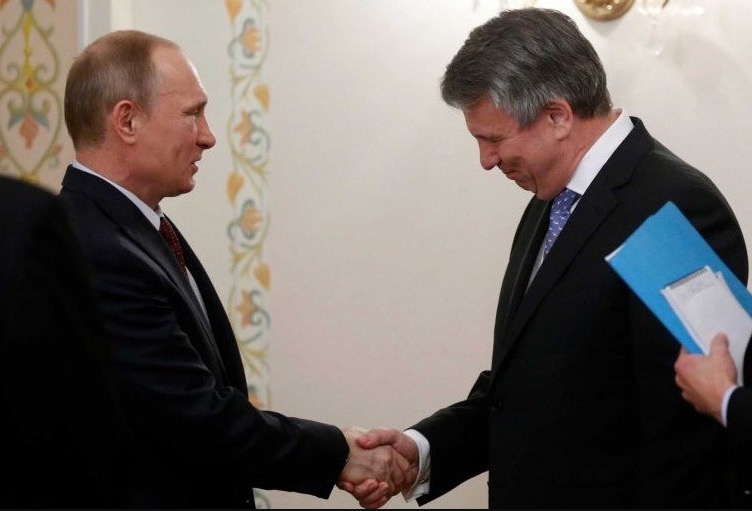
Shell’s Ben van Beurden bows to Putin: Good Friday, 18 April 2014
Mr. Van Beurden has said publicly that Shell is proud of its partnership with Russia.
It is salient to note in this regard that at the May 2014 Royal Dutch Shell AGM, he candidly admitted that Shell puts the interests of its shareholders first, above geopolitical considerations i.e. the invasion of Crimea.
That thinking explains why he bowed to the President of Russia, Vladimir Putin on 18 April 2014, just days after Russia invaded and annexed Crimea.
The appeasement policy apparently survives intact despite the fact that Shell employees were passengers killed on the Malaysian Airlines flight MH-17 downed by a Russian missile in Ukraine airspace in July 2014. Russian Military Command was allegedly involved.
News in June 2015 of a Gazprom/Shell global alliance confirms that Shell is indeed still prepared to put greed before principles.
Once again, it is enthusiastically entering into the close embrace of a corrupt, aggressive regime, led by an ego driven megalomaniac.
Vladimir Putin has been in control of Russia directly, or indirectly via his proxy, Dmitry Medvedev, for the last 15 years.
It is an increasingly ruthless regime exploiting extreme nationalism; apparently intent on resurrecting the cold war and creating a new arms race; a regime that assassinates its own citizens, even if resident in London;
The Putin regime censors news; has a secret propaganda agency to rival Joseph Goebbels; crushes all internal opposition; has invaded, annexed and trampled on the sovereignty of other nations (Georgia and Ukraine).
Putin still has territorial ambitions including over wide expanses of the Arctic.
In 2018, UK citizens and a Russian national were victims in Salisbury England of a nerve agent assassination attempt on a former Russian spy.
News articles in September 2015 reported that Russia was setting up military bases in Belarus and Syria, where Russia is now the most military active and aggressive foreign power. See screenshot gallery. Putin is said to be a master of hybrid warfare.
There is also growing anti-Semitism and anti-gay prejudice in Russia. The latter fostered directly by Putin, notably described “as a Russian Hitler” and who has defended the Soviet/Nazi Pact.
Prince Charles has compared Putin with Hitler.
A senior US army officer, Lieutenant General Stephen Wilson, alleges that Putin’s actions echo those of Nazi Germany in the 1930’s.
British Prime Minister David Cameron has compared Putin’s Russia with Hitler’s Germany.
A Forbes magazine article has posed the question: “Is Vladimir Putin Another Adolf Hitler?”
Russia does increasingly share many of the traits of Nazi Germany, but thankfully, not all of them.
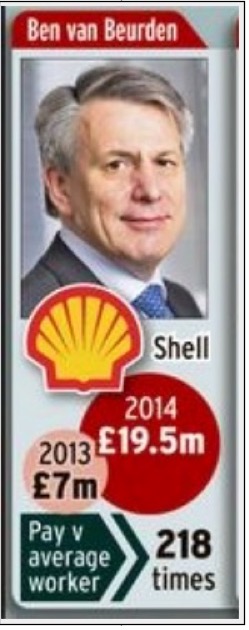 The Shell CEO responsible for the sanctions defying alliance with Gazprom, Ben van Beurden, is another strong, able, ambitious and wealthy Shell leader (2013 and 2014 earnings displayed), who is prepared to deal with the devil.
The Shell CEO responsible for the sanctions defying alliance with Gazprom, Ben van Beurden, is another strong, able, ambitious and wealthy Shell leader (2013 and 2014 earnings displayed), who is prepared to deal with the devil.
He follows in the footsteps of another ruthless ambitious Dutchman, Sir Henry Deterding.
SUMMARY
Shell is willing to deal with evil regimes whether in Nazi Germany, Libya, Iran, Brunei, Saudi Arabia, Ireland, Nigeria, South Africa or the murderous regime in Russia, which has even corrupted world athletics.
It will do whatever it takes to fuel its unquenchable thirst for oil, irrespective of legal, moral, and environmental considerations, and Shell’s supposed business principles.
Most of the extracts from articles displayed at the end of this chapter, including PressTV and KyivPost, relate to the controversial growing Shell relationship with the Putin regime. The links within the extracts do not function.
ENDS
Copyright Notice: All rights, including copyright and compilation in the content of shellnazihistory.com web pages authored by John Donovan are owned or controlled for these purposes by him. In accessing the said web pages, you agree that you may only download the content for your own personal non-commercial use. Except where expressly stated otherwise, you are not permitted to copy, broadcast, download, store (in any medium), transmit, show or play in public, adapt or change in any way the content of these web pages for any other purpose whatsoever without the prior written permission of John Donovan via the email address: john@shellnews.net
shellplc.website and its sister non-profit websites royaldutchshellplc.com, royaldutchshellgroup.com, shellenergy.website, shellnazihistory.com, royaldutchshell.website, johndonovan.website, shellnews.net and shell2004.com are owned by John Donovan. There is also a Wikipedia feature.